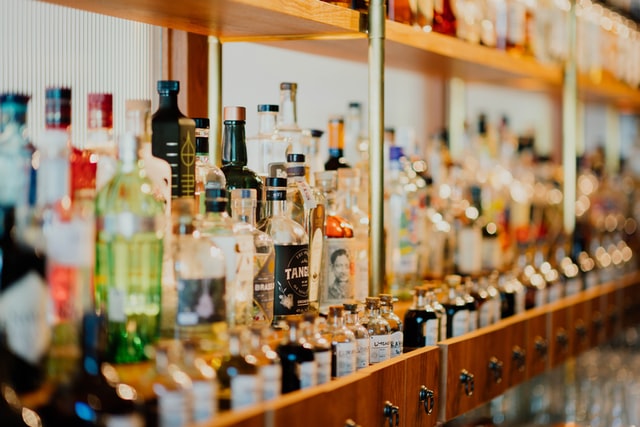The Process to Get a Liquor License

The majority of the roadblocks to acquiring a license are bureaucratic. You must identify the type of license you require and the availability of that license in collaboration with your state’s regulating body.
Application fees
There are various requirements for obtaining an alcohol license dallas tx. These requirements vary from state to state. To determine which license you need, consult with your local Alcohol Beverage Control Board. You must also know which types of licenses you will need. For instance, an off-premise operation might be a brick-and-mortar store selling beer and spirits, while an on-premise operation is a restaurant or bar.
Getting a liquor license costs between $300 and $1,000, depending on where you live. While this amount is fairly standard, some states may require additional fees if you wish to open an alcohol-only establishment. In addition, a state can direct you to have a conditional use permit if you’re planning on operating in a highly-populated area, such as Los Angeles. Again, this fee varies but can be as little as $100 if you have more than one location.
State requirements
In addition to a liquor license, there are other requirements you must meet. You must pass a State inspection to operate a bar, and your local health department must approve you. You must also comply with local sanitation laws. Your liquor license application should include a list of ingredients you will be selling. It should also include the address of your establishment.
Your application will be held until you submit the required documents. Once you complete your application, you will have six months to reactivate your application. You will lose your license application fee if you fail to reactivate your application. You will then have to complete the entire process again. It may take as long as six months to approve your application. In some cases, you can meet with local agencies to receive permission to open your bar, but it will take a lot longer.
Requirements for renewals
If you are in the business of selling alcoholic beverages, you may need to renew your liquor license at some point. This is required each year, and you must renew the license before the end of its current term, or you may not be able to sell alcoholic beverages. The renewal process for your state retail alcoholic beverage license is completed by the end of December, or you may be required to pay an additional reinstatement fee. You can renew your license online or visit your state liquor licensing office. In either case, you must include a Late Renewal Requirements Form when you submit your application.
There are several different applications, and you can download the appropriate one for your business. You can also apply online for a retailer license if you plan to sell alcoholic beverages, such as wine or beer. Online applications are available for all license classifications in Illinois, including brewpubs, wineries, distilleries, and special events. However, only current licenses can be renewed online.
Requirements for new licenses
Requirements for new liquor licenses vary by state, but most businesses must meet certain criteria before opening. For example, in New York, all new retail businesses must obtain approval from the Alcoholic Beverages Control Commission (ABCC). This is true for all businesses, including supermarkets, convenience stores, and package stores. About 13,000 license transactions are approved by ABCC every year. In addition, while some states require a higher percentage of earnings from alcohol, others don’t.
Before applying for a liquor license, applicants must complete a background check. A case manager will arrange a fingerprinting appointment for those who own at least 5% of the business. Fingerprinting is also required for authorized managers and corporate officers. The spouse of a 5% business owner must also complete a Spousal Affidavit. If the applicant has a history of a drinking problem, they must seek counseling and legal advice.



